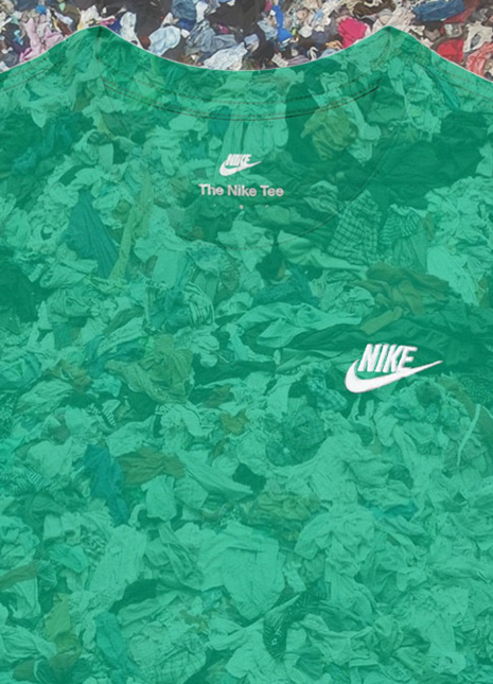
Will Fast Fashion Finally Take a Hit?
France's new sustainability bill and the effects it could have on the global apparel industry.
On March 14th, 2024, France’s lower house of Parliament approved a “kill bill” that will penalize fast fashion companies in an effort to improve sustainability efforts. The bill, which aims to increase penalties of up to 10 euros per apparel item by 2030, comes during the most environmental-focused era in history. With the abundance of political endeavors aspriring to hit back on industries contributing to high waste and high consumption, it’s no shock that there are finally full-fledged actions towards the cause.
The new bill will undoubtedly impose on the finances of these fast fashion companies, including huge names like China’s Shein and Temu. In addition, there will be a ban put in place to prohibit advertising on fast fashion products. While the bill must first be approved by the senate, it was unanimously agreed on by all voting lawmakers in the lower house, signifying high likelihood that it will be passed.
In response to efforts against their production and pricing tactics, Shein has stated to Reuters that in comparison to well-known companies like Zara and H&M, their clothing meets an existing demand. They argue that their rate of unsold garments consistently stays in low single digits, contrasted with popular brands that can reach up to 40% waste. The company doubled down by telling the outlet that the bill would “worsen the purchasing power of French consumers, at a time when they are already feeling the impact of the cost-of-living crisis.”
Whether this is accurate information or not, it’s certain that every player in the fast fashion industry is negatively impacting our environment. Furthermore, it’s interesting to defend the “purchasing power” of consumers in an industry that is not even offering their employees a liveable wage or safe working conditions.
Inevitably, this bill is a huge step forward on the journey toward sustainable apparel production, and it’s likely that other countries are soon to follow in France’s footsteps given that the law is passed. Additionally, putting limits on fast fashion is sure to help with consumers’ habits of high consumption and impulse buying. Because of how inexpensive these products are, consumers are easily incentivized to purchase them, creating a cycle that is proving to be difficult to end.
France’s bill marks a milestone in terms of ending fast fashion, and there are high hopes that the country will influence other lawmaking bodies. Arguably, the only way for overconsumption to end—for the benefit of both textile laborers and the environment—is to put regulations and impositions on the industry that will truly penalize them for the harm they cause.











